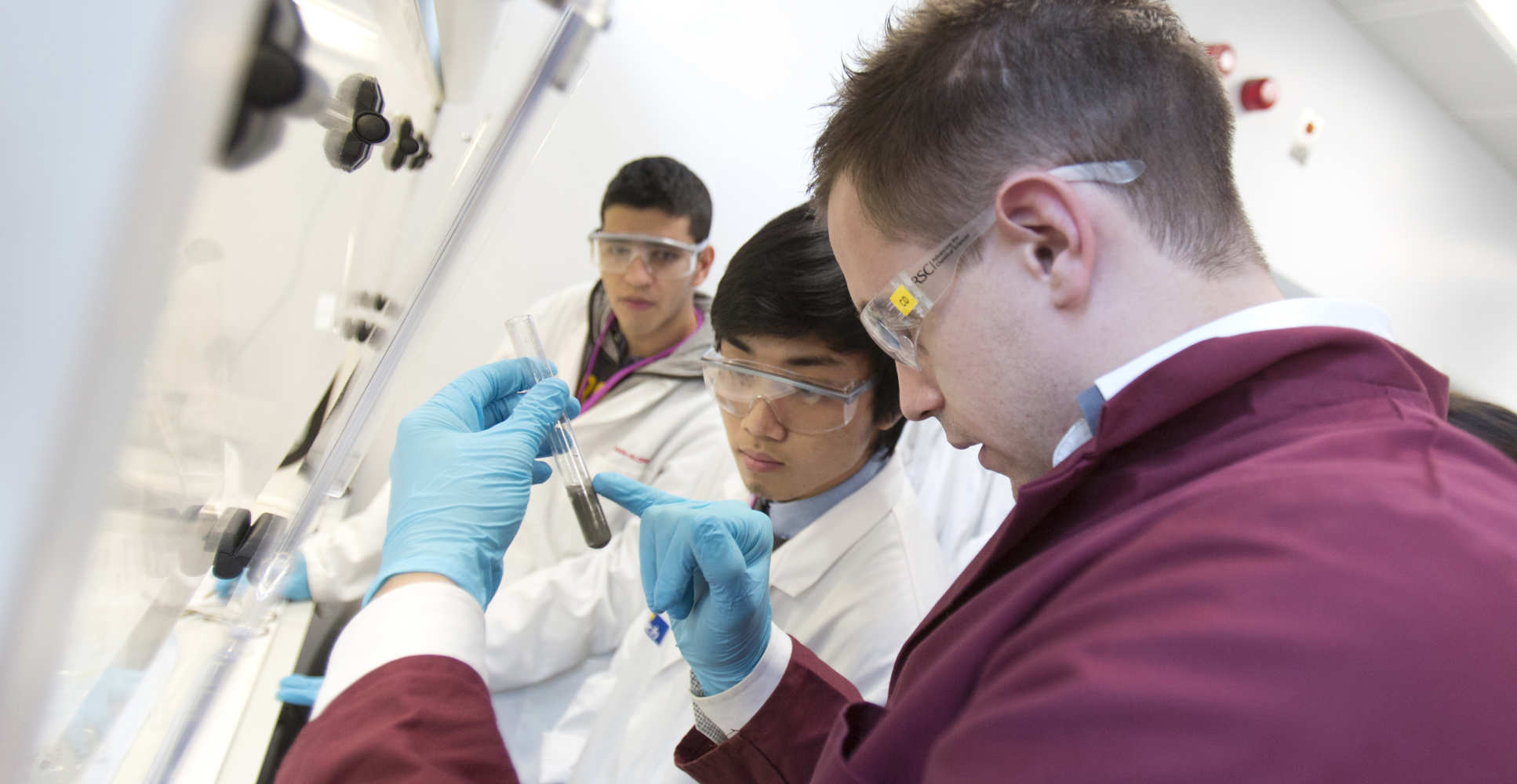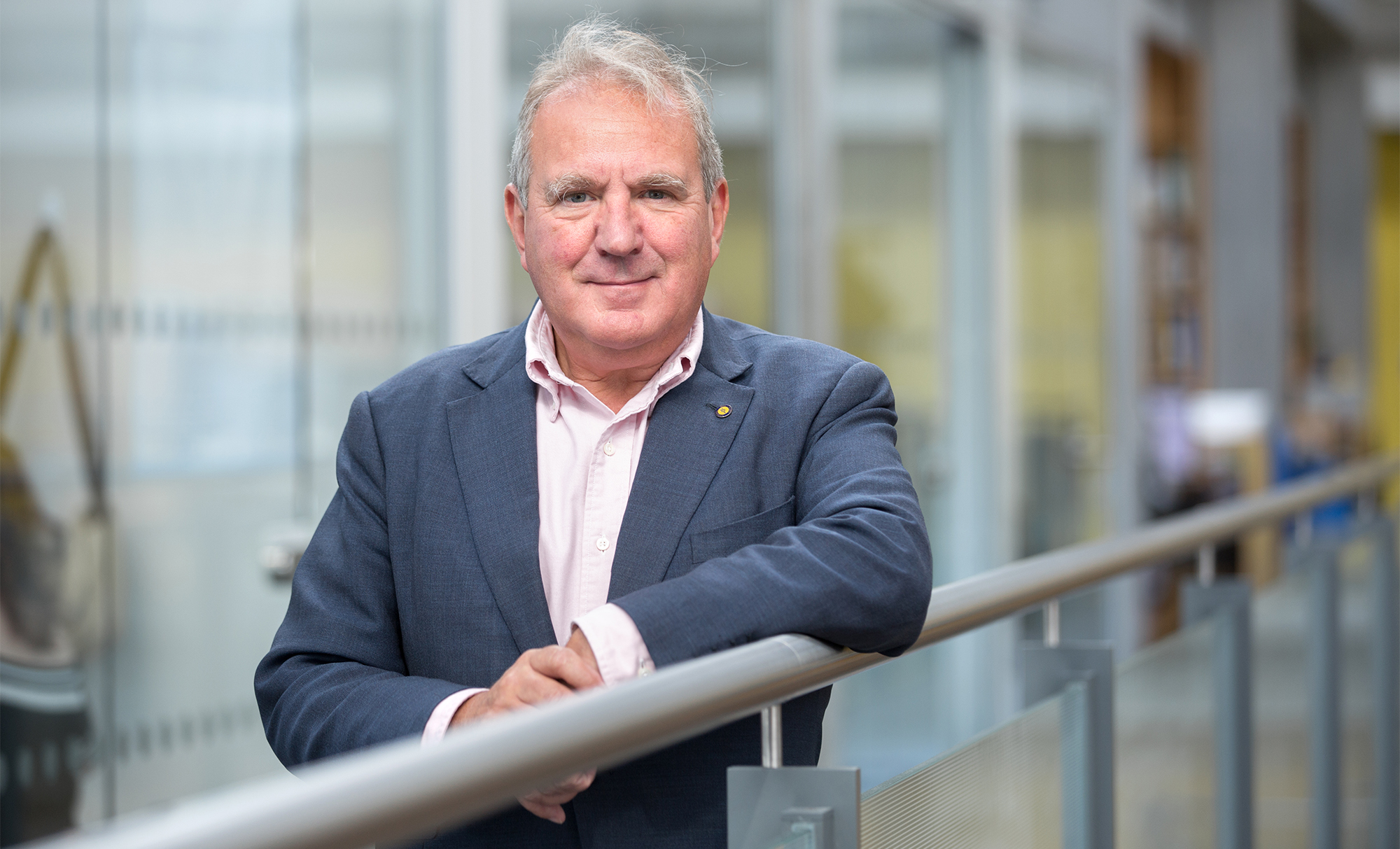ICT Customer Services is currently undergoing a restructure led by the Head of Customer Services, Leigh Davenport. The new model is designed to allow us to focus more on the operational relationships with the faculties by giving the faculties a dedicated resource who will be their day-to-day interface. Whilst we are focusing on the customer relationship we are also going to improve the efficiency of service delivery, making better use of the staff we have by pooling our resources and continue our trend of improving resolution times whilst driving down Service Level Agreement breaches. The changes are due to take place in a structured and phased way, over the next 6 to 8 weeks.
New roles and changes to teams
- A new function has been created called the Customer Services Management team, headed by Dawn Beaumont. Customer Services Managers will own the operational relationship with customer departments and manage customer satisfaction within ICT. As well as leading the new team, Dawn will also be the Customer Service Manager with responsibility for Medicine. Dawn has spent her entire career at Imperial providing IT support to Medicine, worked at all of the Medicine campuses and has for the last 15 years been the Faculty Support Manager responsible for the teams providing IT Support at the Medicine sites.
- The ICT Digital Partners will still own the strategic relationships with the departments, initiating and guiding new projects and will work with the Customer Services Managers to champion the “voice of the customer” within ICT.
- The Faculty Support team will report into a single Faculty Support Manager, Jamey Khan, who will oversee the services of resource teams providing deskside support in departments and via the ICT Service Desk in Central Library for South Kensington-based staff and existing local offices on remote campuses. This move should allow improved responsiveness of engineers to adapt to changing demands across the organisation.
- Elmy Thompson, the current Site Manager for Hammersmith, Charing Cross and White City will be moving to take up the role of Departmental Operations Manager taking charge of the ICT’s Admin function. Dominic Spencer who currently covers St Mary’s, Chelsea and Brompton will have responsibility for managing deskside support teams across all the College’s remote campuses.
In terms of how things will work, for support requests and faults, please continue to submit as usual. Full details can be found via the ICT pages.
Staff on clinical campuses will continue to have access to their local teams.
If you have any questions or would like more information, please contact Leigh Davenport, Head of Customer Services.

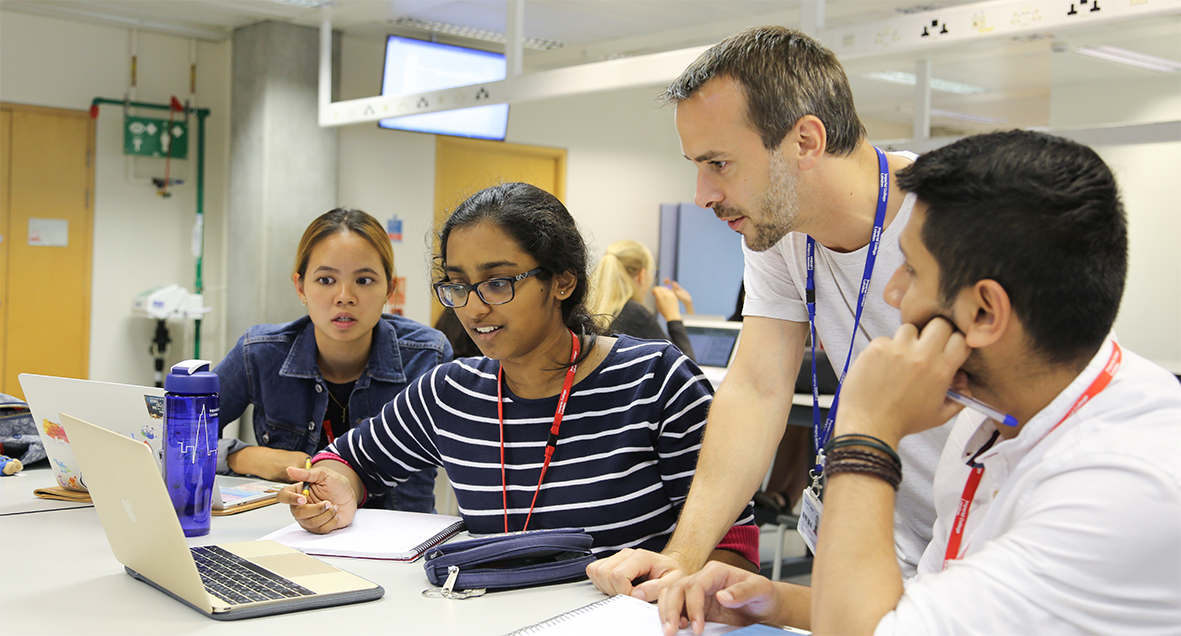

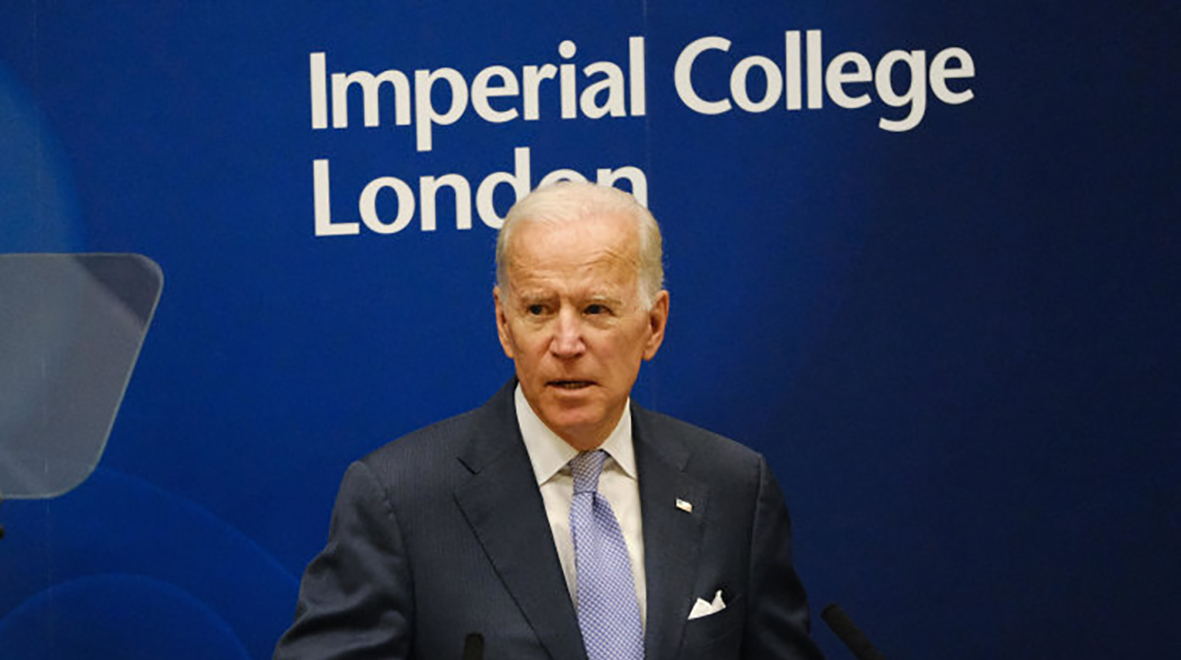
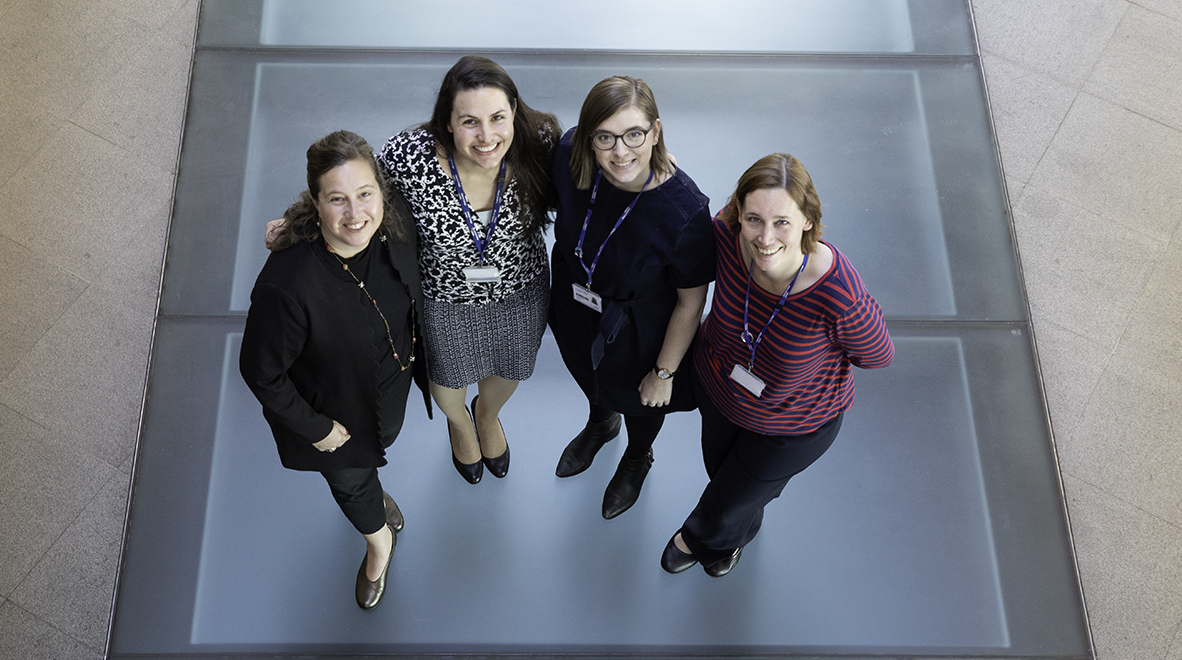

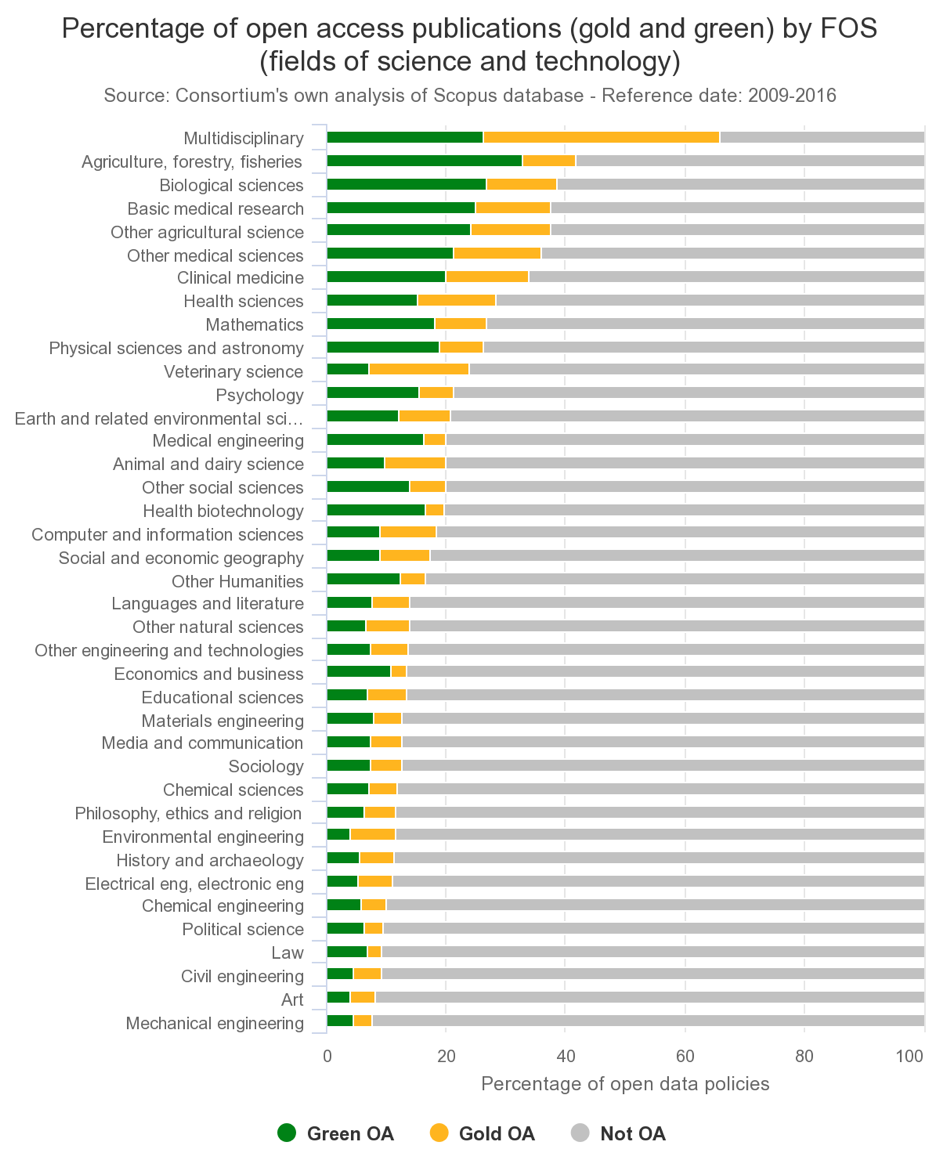


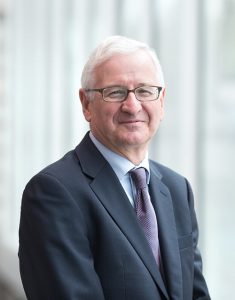
 In my first year as Vice Dean (Research) it has been a pleasure to discover the full breadth and quality of our research. We continue to build on our strong convergent science, so well demonstrated by our success with initiatives such as the UK Dementia Research Institute (UK DRI) Centre at Imperial, the newly established Health Data Research (HDR) UK, and the Future Vaccine Manufacturing Hub.
In my first year as Vice Dean (Research) it has been a pleasure to discover the full breadth and quality of our research. We continue to build on our strong convergent science, so well demonstrated by our success with initiatives such as the UK Dementia Research Institute (UK DRI) Centre at Imperial, the newly established Health Data Research (HDR) UK, and the Future Vaccine Manufacturing Hub.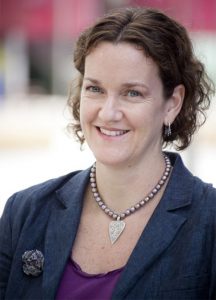 The past academic year has seen much progress and development across many areas, as we strive to make our Faculty a productive, enjoyable and supportive environment in which to work and learn.
The past academic year has seen much progress and development across many areas, as we strive to make our Faculty a productive, enjoyable and supportive environment in which to work and learn.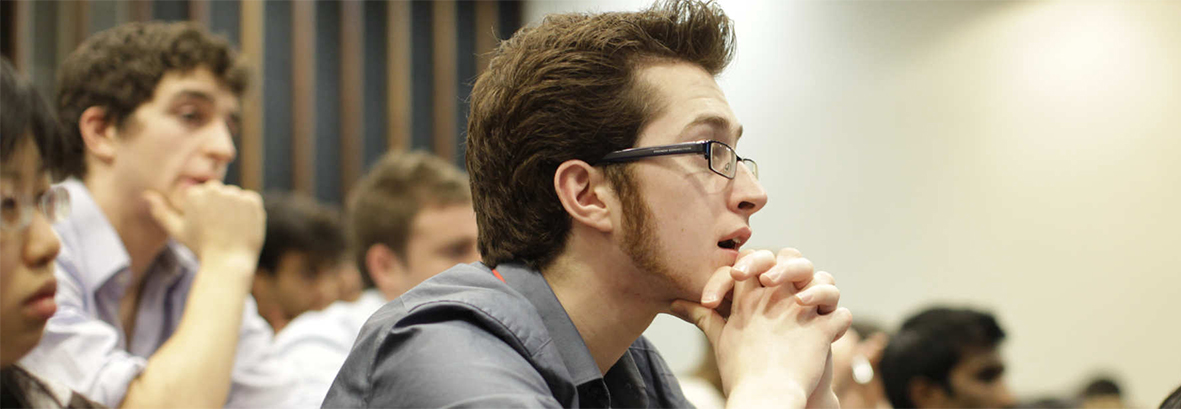
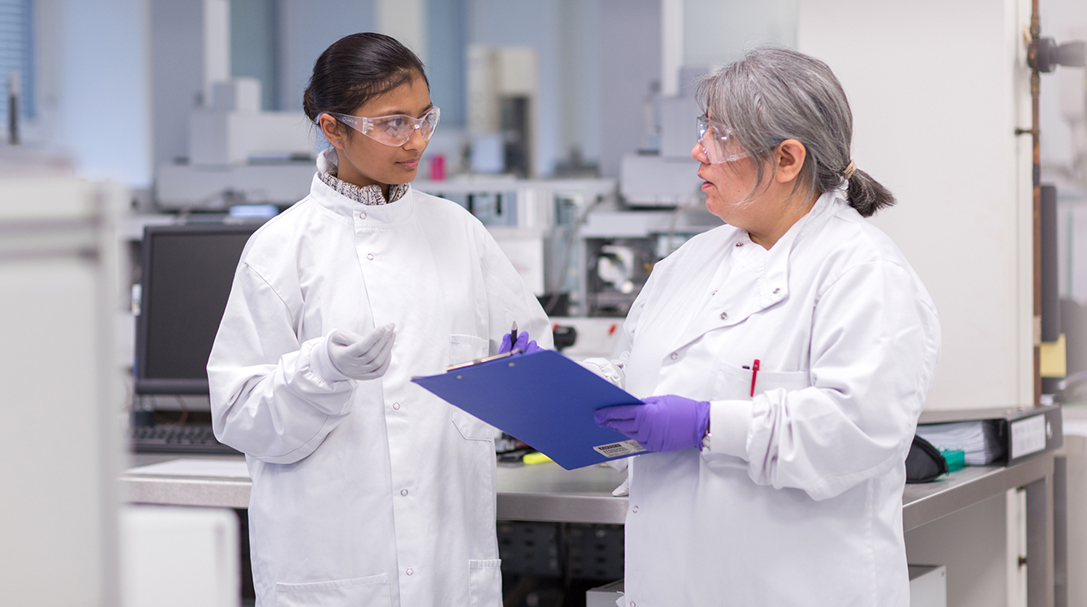
 With questions submitted by current Master’s students, the first blog post features an interview with Dr Magdalena Skipper, former Imperial alumna and new Editor-in-Chief of Nature. She is the first female Editor-in-Chief over the last 149 years and started her new role at the beginning of July.
With questions submitted by current Master’s students, the first blog post features an interview with Dr Magdalena Skipper, former Imperial alumna and new Editor-in-Chief of Nature. She is the first female Editor-in-Chief over the last 149 years and started her new role at the beginning of July.
 What is IMPACTS?
What is IMPACTS?